BOHOL, March 9, 2023 – The Department of Agriculture- Special Area for Agricultural Development (DA-SAAD) Central Visayas partnered with the DA-CALABARZON in conducting a Participatory Rural Appraisal (PRA) workshop as part of its preparation and equipping regional implementers with basic principles and skills of said community-oriented research method and tools for SAAD Phase 2.
Conducted at the Bohol-Agricultural Promotion Center (B-APC), Sevilla, Bohol from February 7 to 9, 2023, the three-day long workshop was spent on knowledge sharing from Phase 1 implementation learnings and takeaways, to enhancing familiarity in the intersection of existing practices of the program and the PRA approach.
A total of 26 SAAD implementers, from Regional Program Management Support Office (RPMSO), and Provincial Program Management Support Offices (PPMSOs) of Bohol, Negros Oriental and Siquijor attended the said workshop.
Ms. Aida P. Luistro, DA CALABARZON Supervising Science Research Specialist, headed the resource team and shared with the participants the comprehensive approach of PRA; Strengths, Weaknesses, Opportunities, and Threats (SWOT) analysis; Threats, Opportunities, Weaknesses, Strengths (TOWS) matrix; and action plan matrix. The participants actively engaged during the role-playing on problem analysis where some played as the villager and others as facilitators so they can experience first-hand the dynamics of PRA conduct.
John Carlo P. Narvacan, Science Research Technician, discussed the agro-ecosystem mapping tools including the base and village map, social and infrastructure map, enterprise map, and the village transect map. Meanwhile, Ms. Ma. Riza G. Panopio, Science Research Specialist I, shared on the timeline and trend analysis, while Girsky V. Anda, Science Research Specialist I, discussed the cost and return analysis, resource flow diagram, and institutional diagram.
With the training, the program will arrive at the most suitable projects for the new farmers cooperatives and associations (FCAs) beneficiaries as PRA is expected to strengthen the implementers’ capabilities in crafting tailored-fit projects and support that are responsive to the beneficiaries needs.
The PRA aims to incorporate crucial information from all the stakeholders. It is a social research technique that is consultative, fostering active involvement of the communities from planning, decision-making, and project implementation all in the course of community development through agricultural and fishery activities in the region.
PRA in Sevilla, Bohol
On February 8, 2023, DA-SAAD 7 and DA CALABARZON conducted an actual PRA with 35 locals of Cambagui, Sevilla, Bohol to apply their learnings on PRA into practice.
The participants are active members of the two (2) associations in the barangay, the Cambagui Farmers Association (24 members) and the Cambagui Women’s Association (11 members).
To sum it up, Mae E. Montecillo, SAAD 7 Phase 1 focal person, during her appreciation message, thanked the resource persons in sharing their valuable expertise to the SAAD staff.
“Maraming salamat po sa pagbahagi nyo sa amin ng inyong expertise in conducting the PRA, The tool is very helpful for us (the management and implementers) and the community. Pwede namin gamitin ang tool sa aming Phase 2 beneficiaries on our monitoring and evaluation activities,” said Montecillo.
(Thank you very much for sharing with us your expertise in conducting the PRA. The tool is very helpful for us [the management and implementers] and the community. We can use the tool with our Phase 1 beneficiaries on our monitoring and evaluation activities).
Factoring the time constraint and the need to deliver SAAD services swiftly, the implementers will primarily utilize the Beneficiary Needs Assessment (BNA), which also uses a community-participatory approach that highly focuses on the beneficiaries’ observed condition incorporated with site validation, as a triangulation mechanism.
The triangulation aspect is needed as a basis to further objectify and validate information before crafting a project proposal that is responsive to the beneficiaries’ needs. This is to arrive at an effective and prompt study of the beneficiaries and their communities’ condition.###
Writer: Jolina Daño, SAAD Region 7 Information Officer

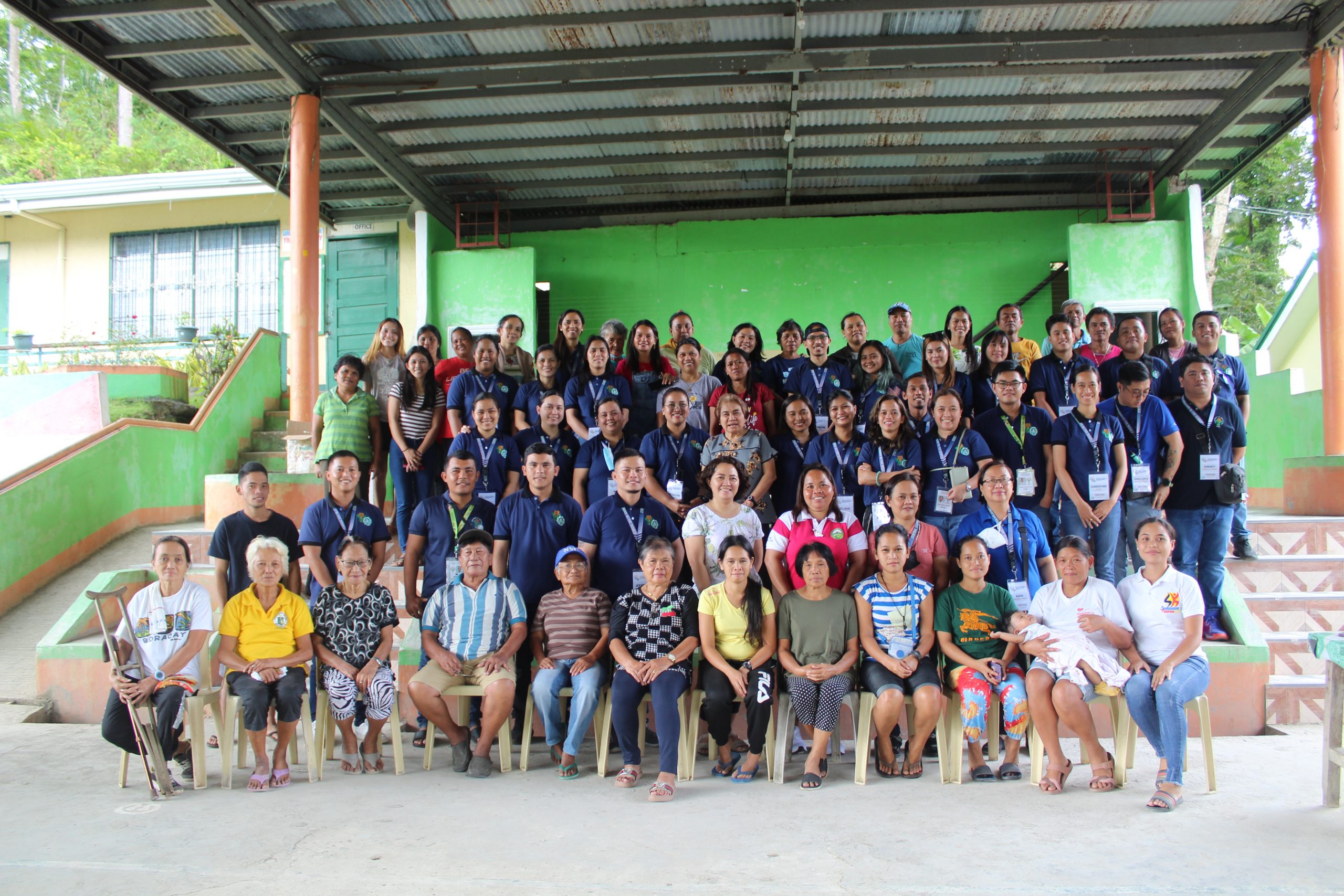
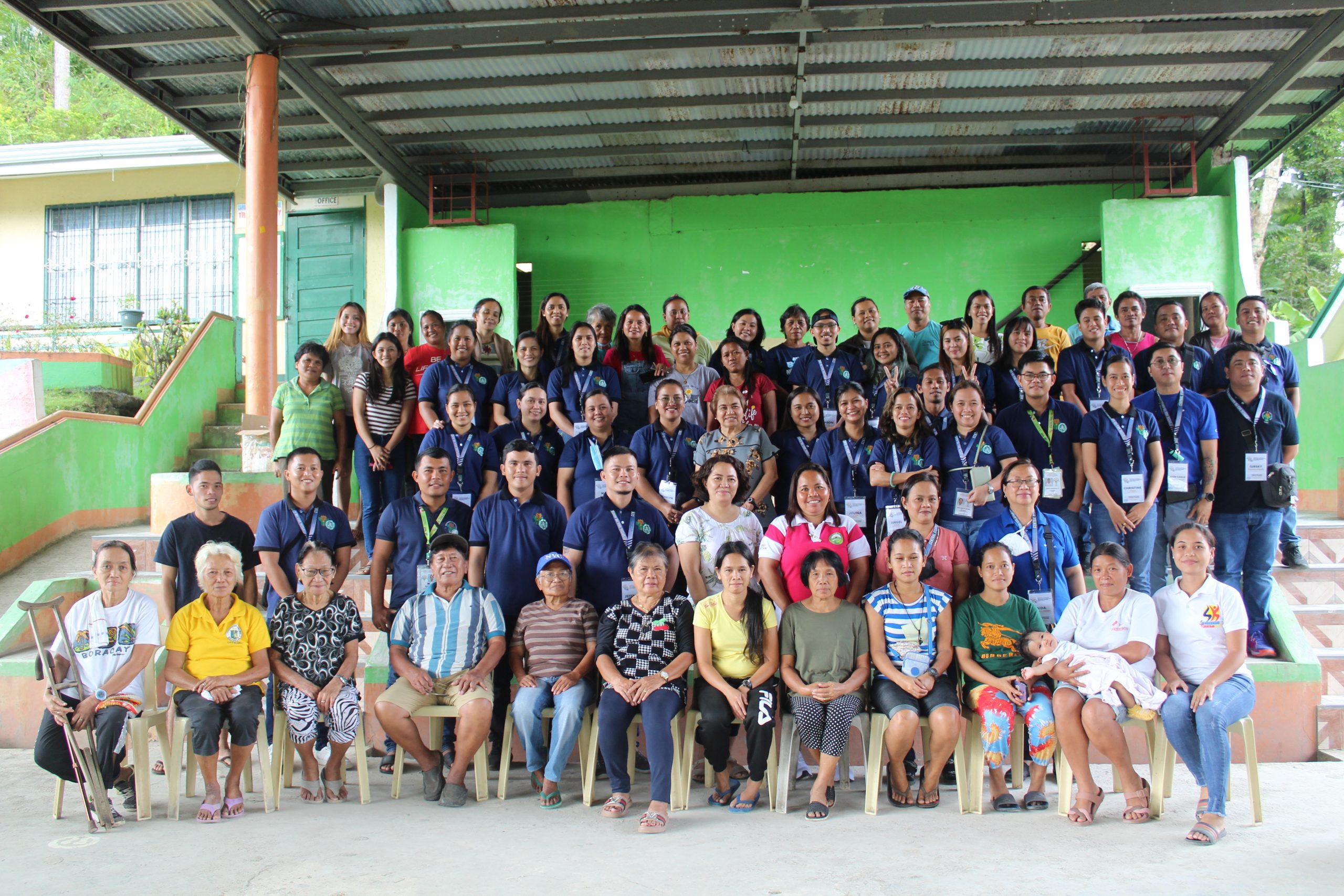
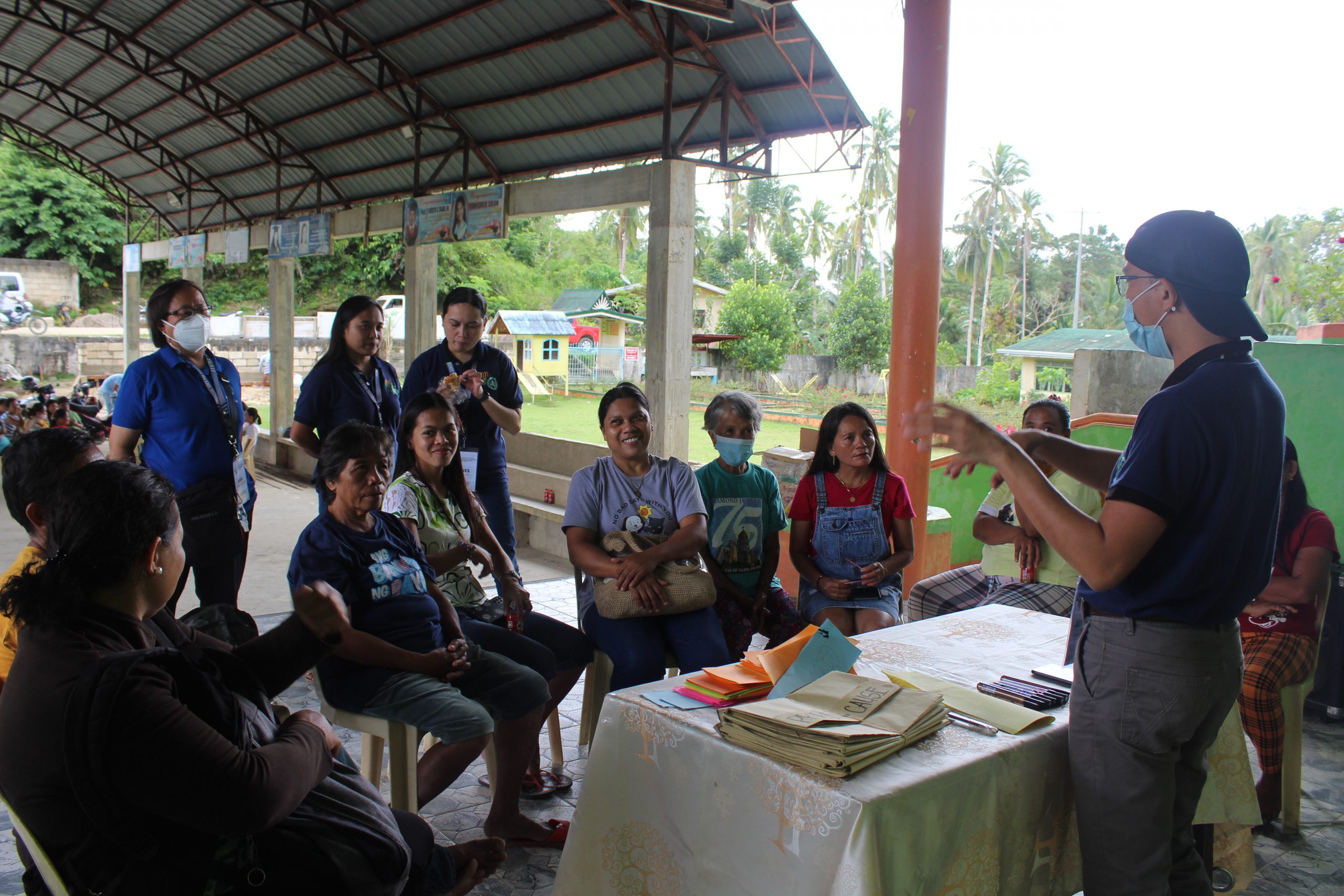
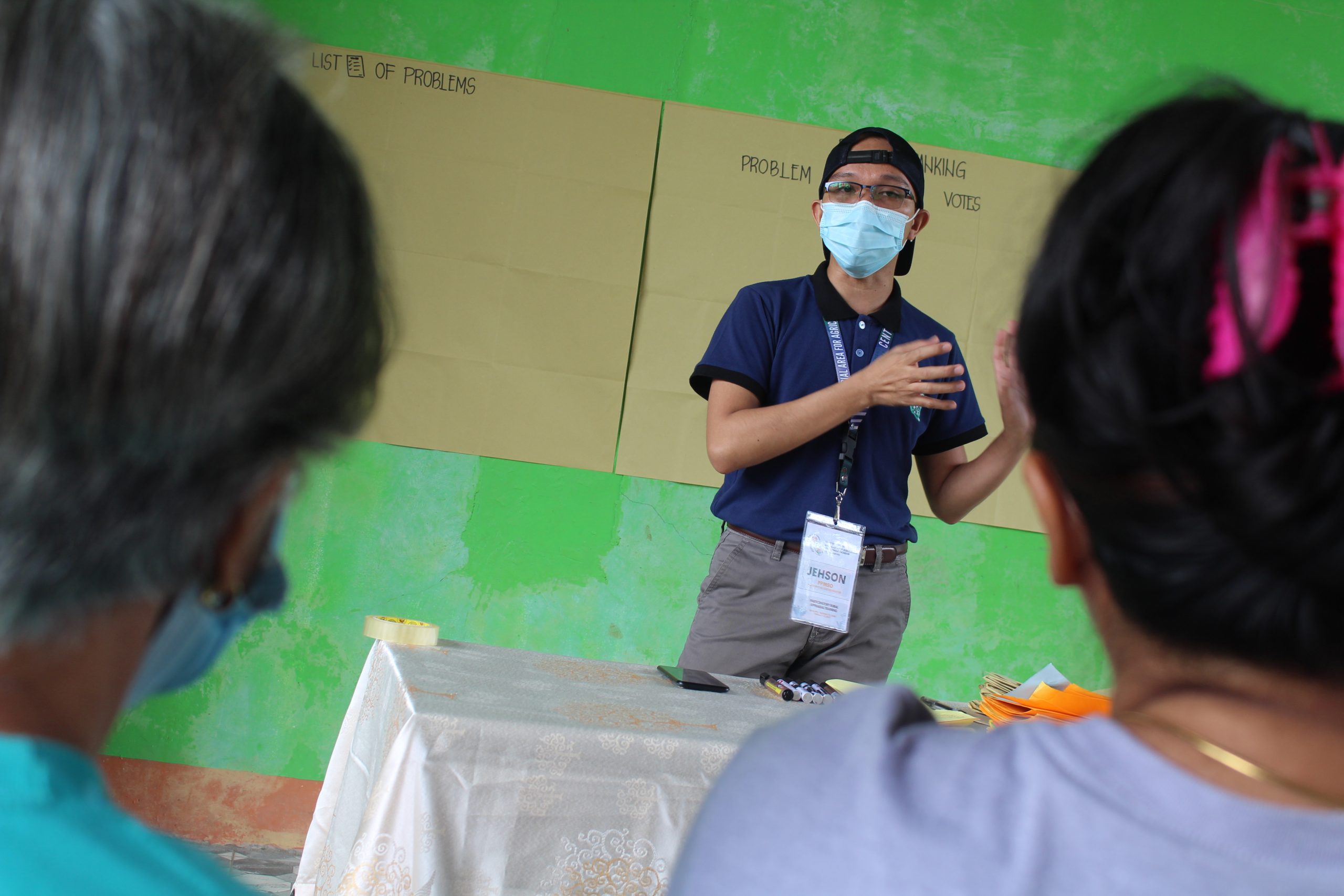
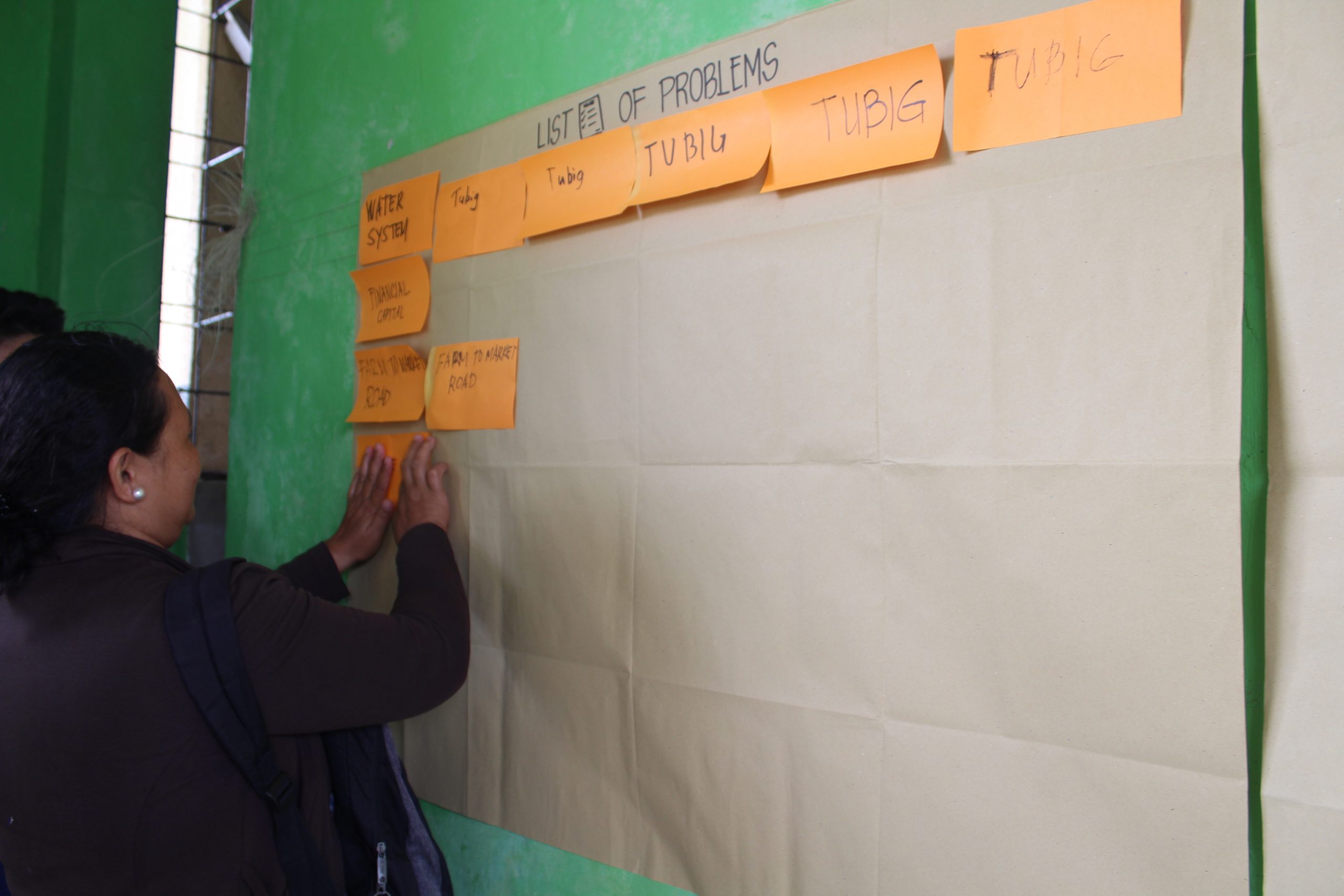
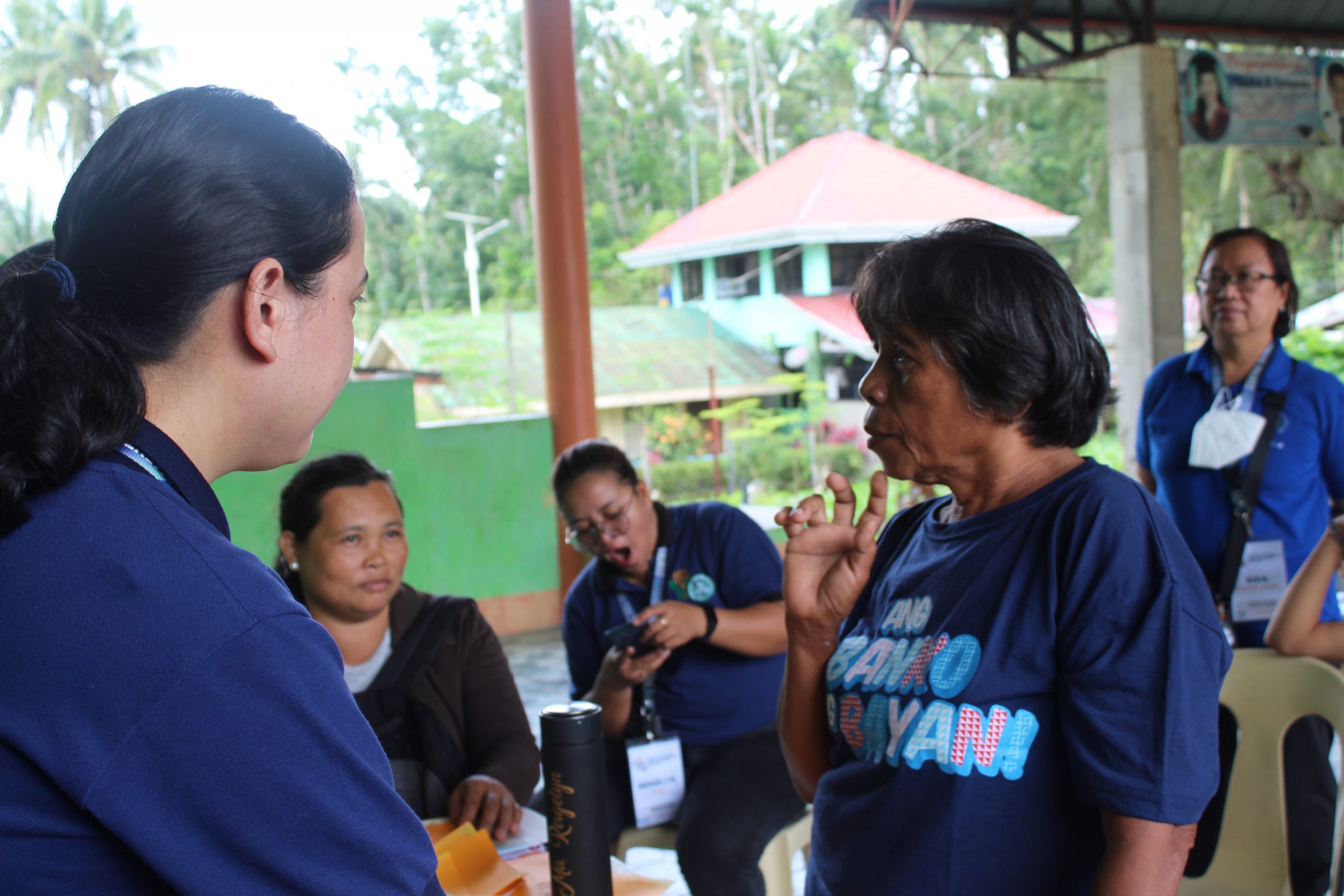
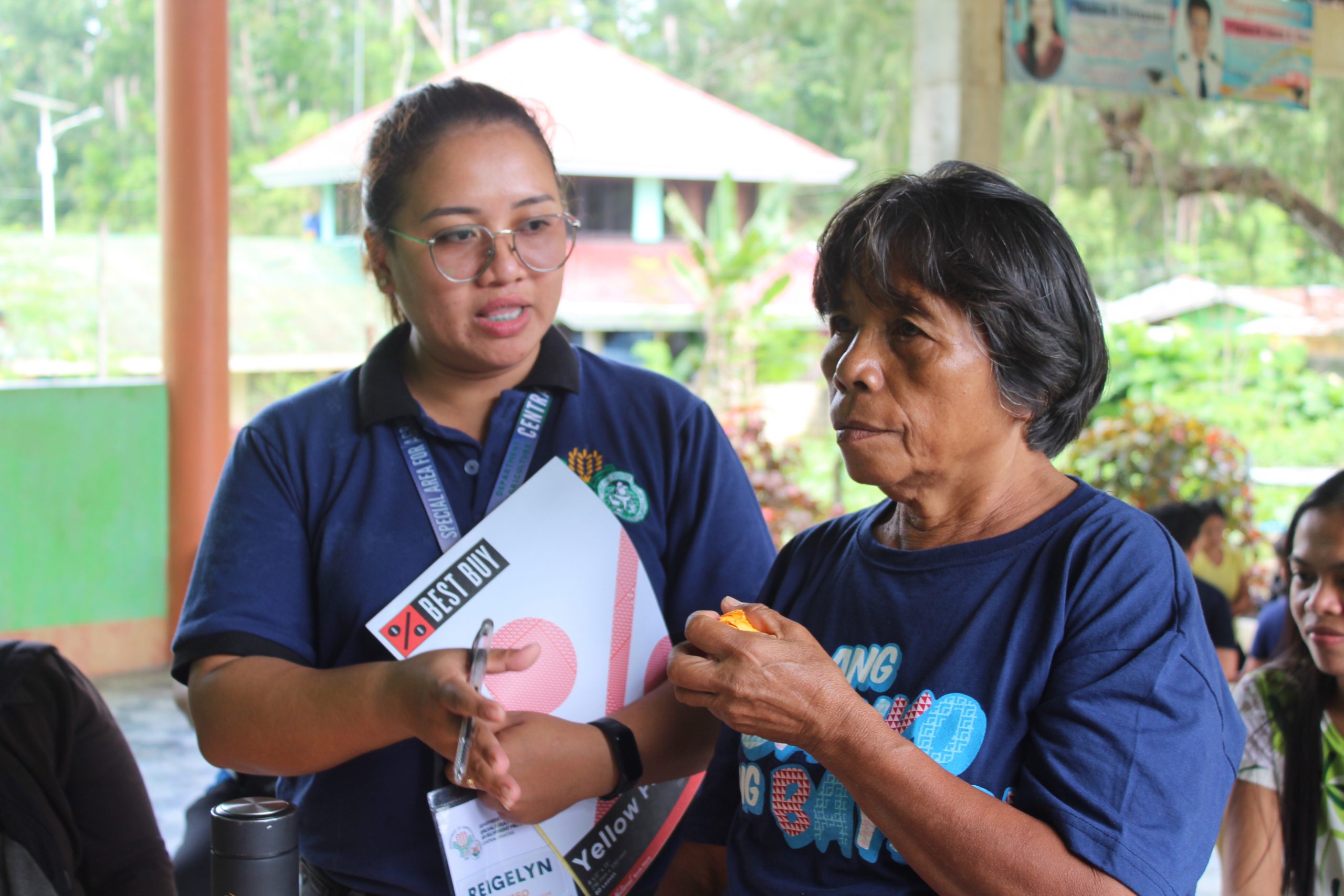
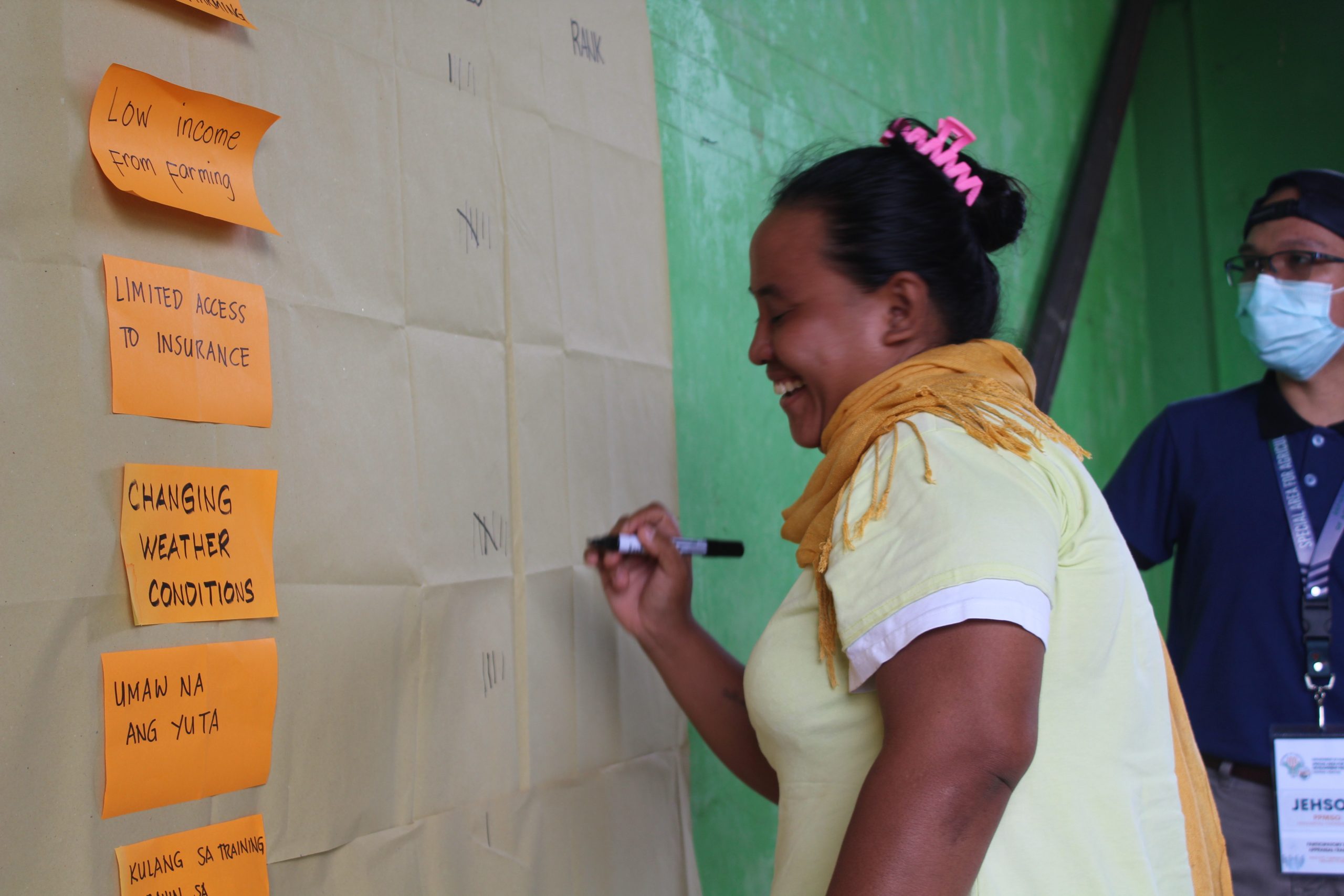
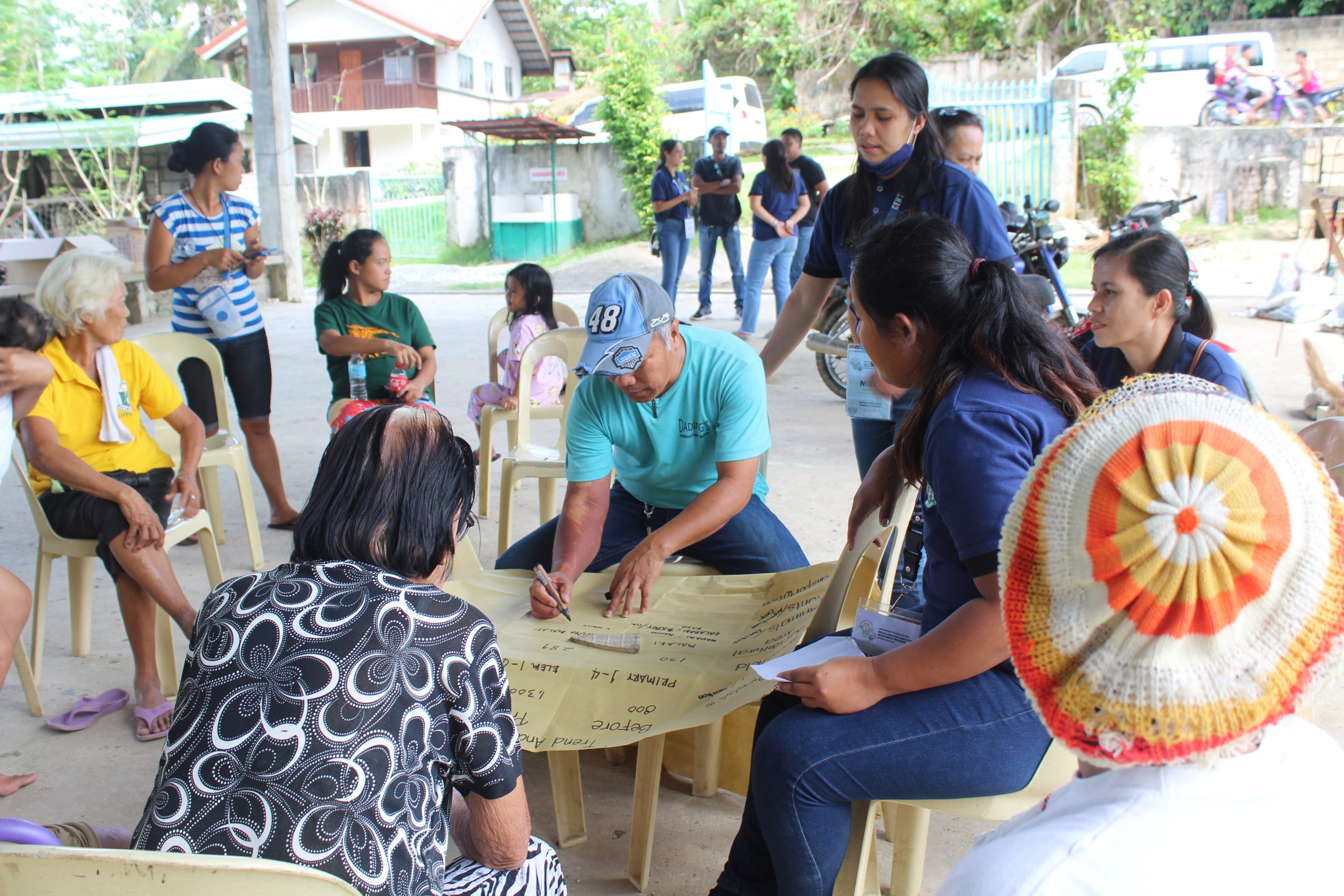
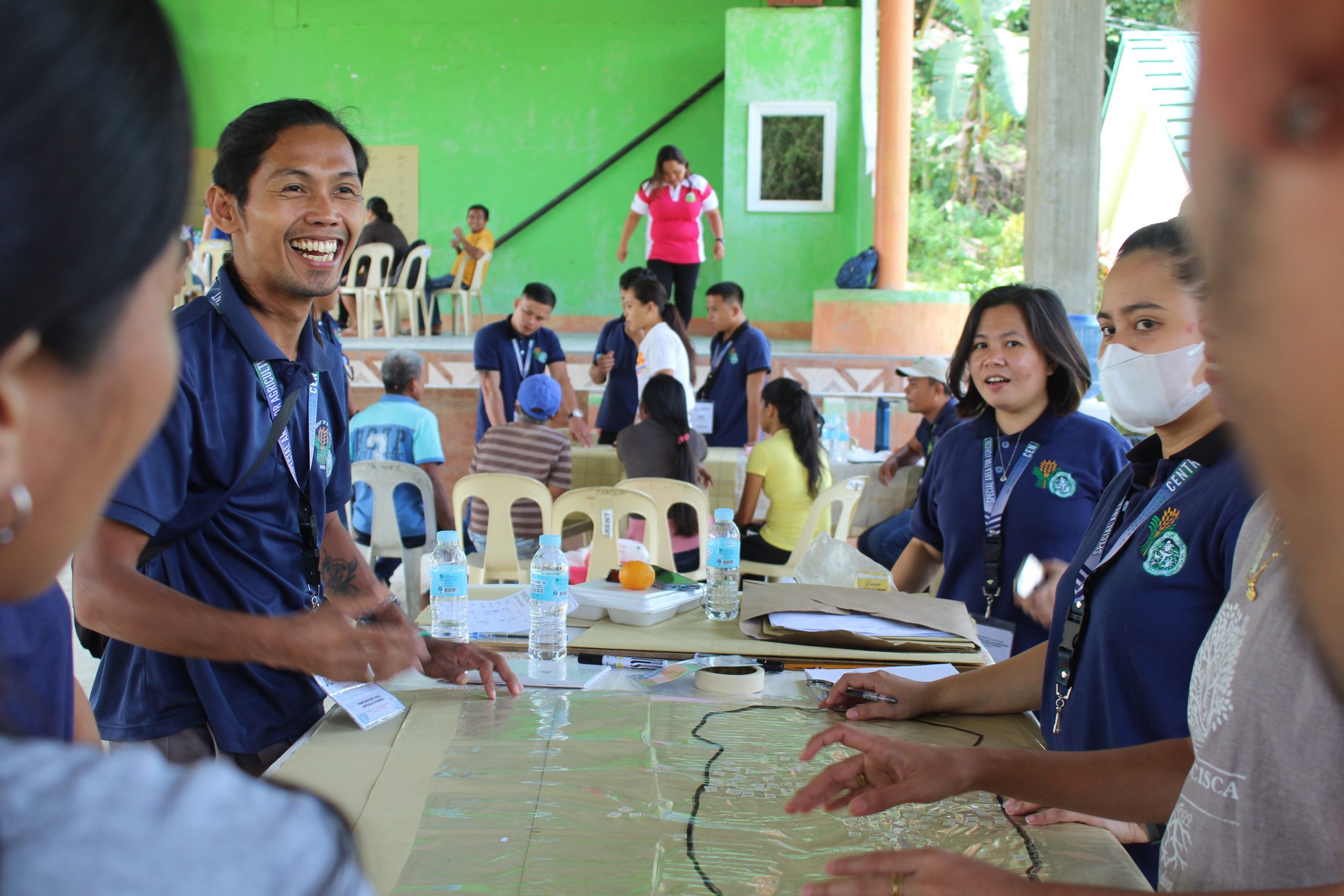
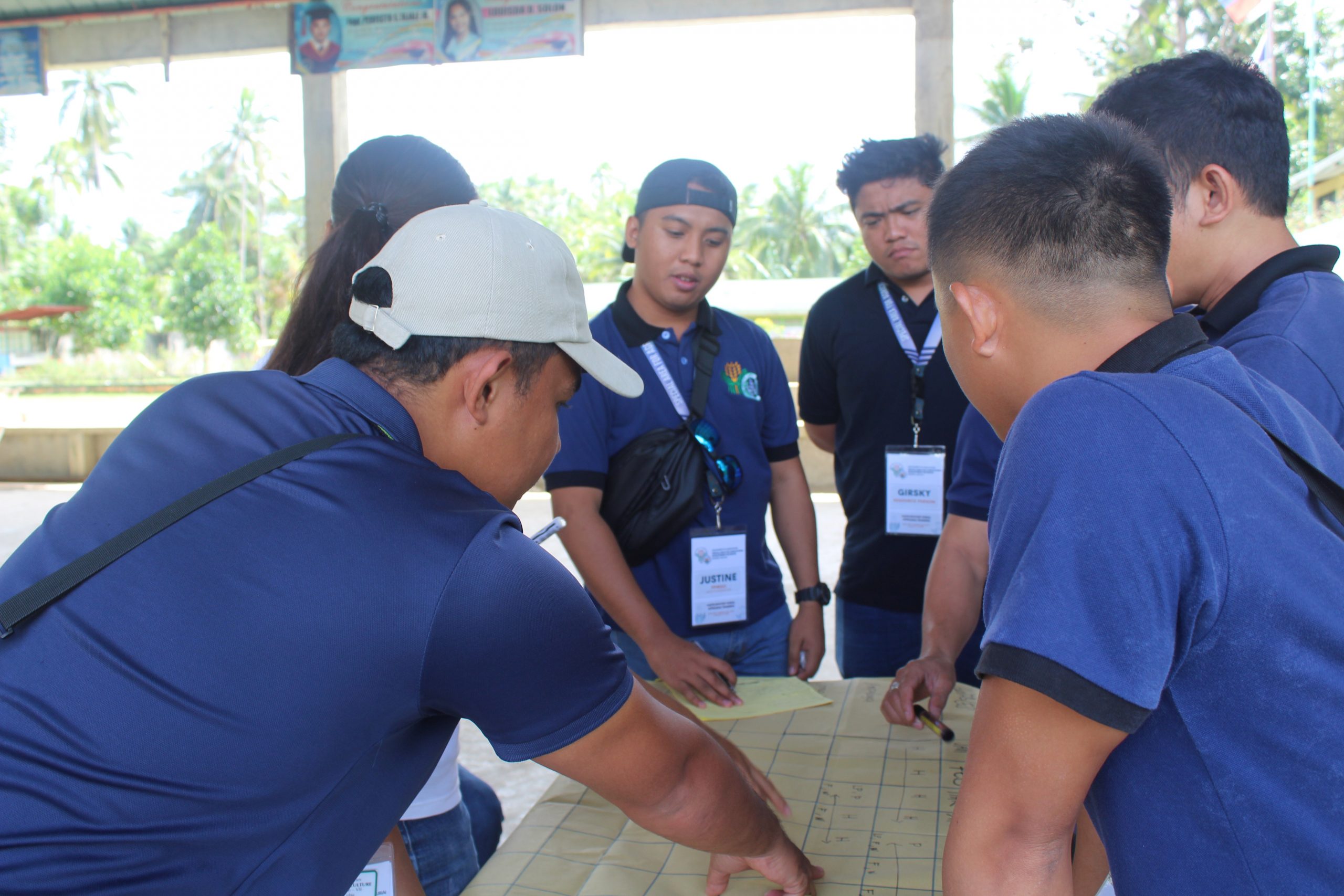
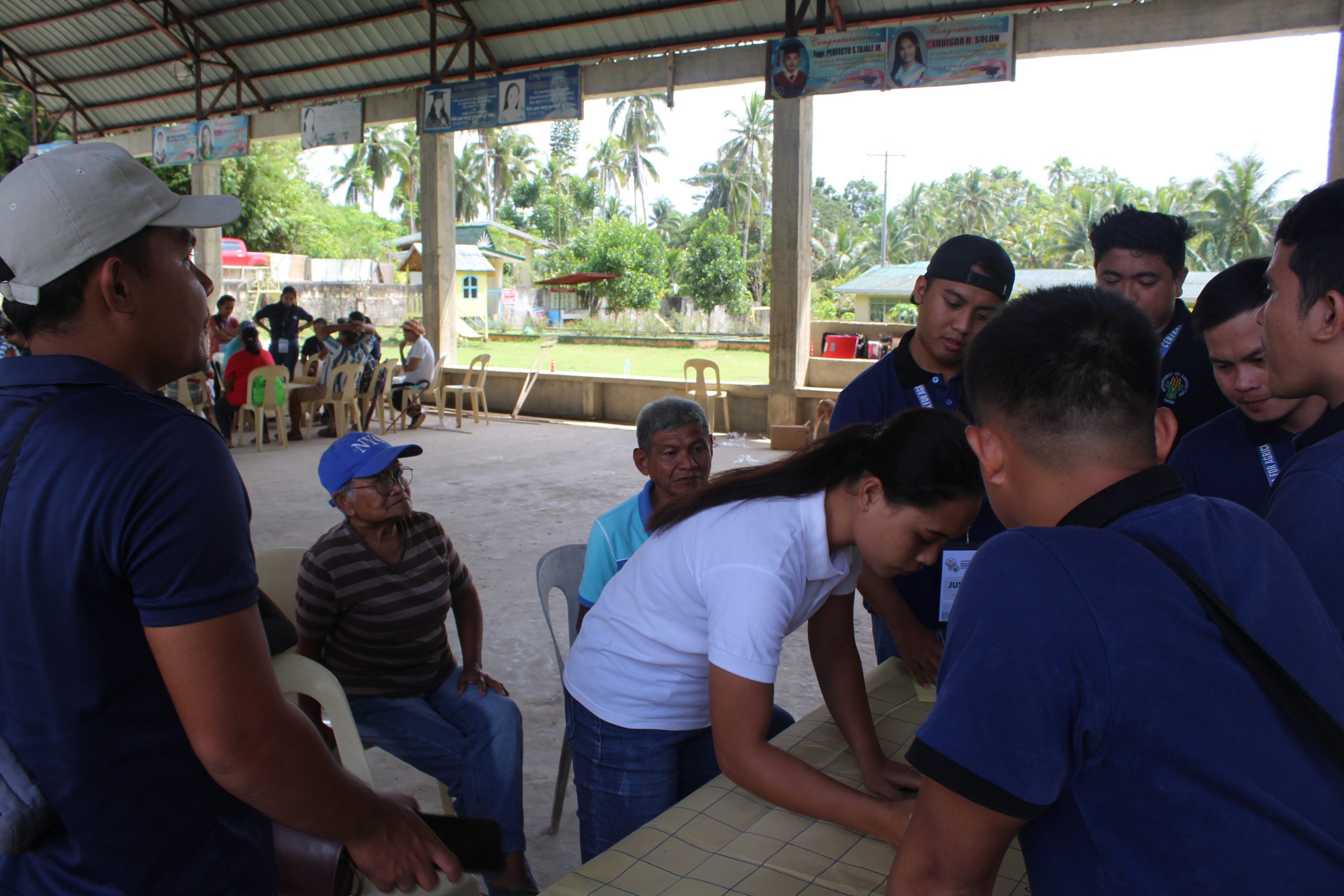
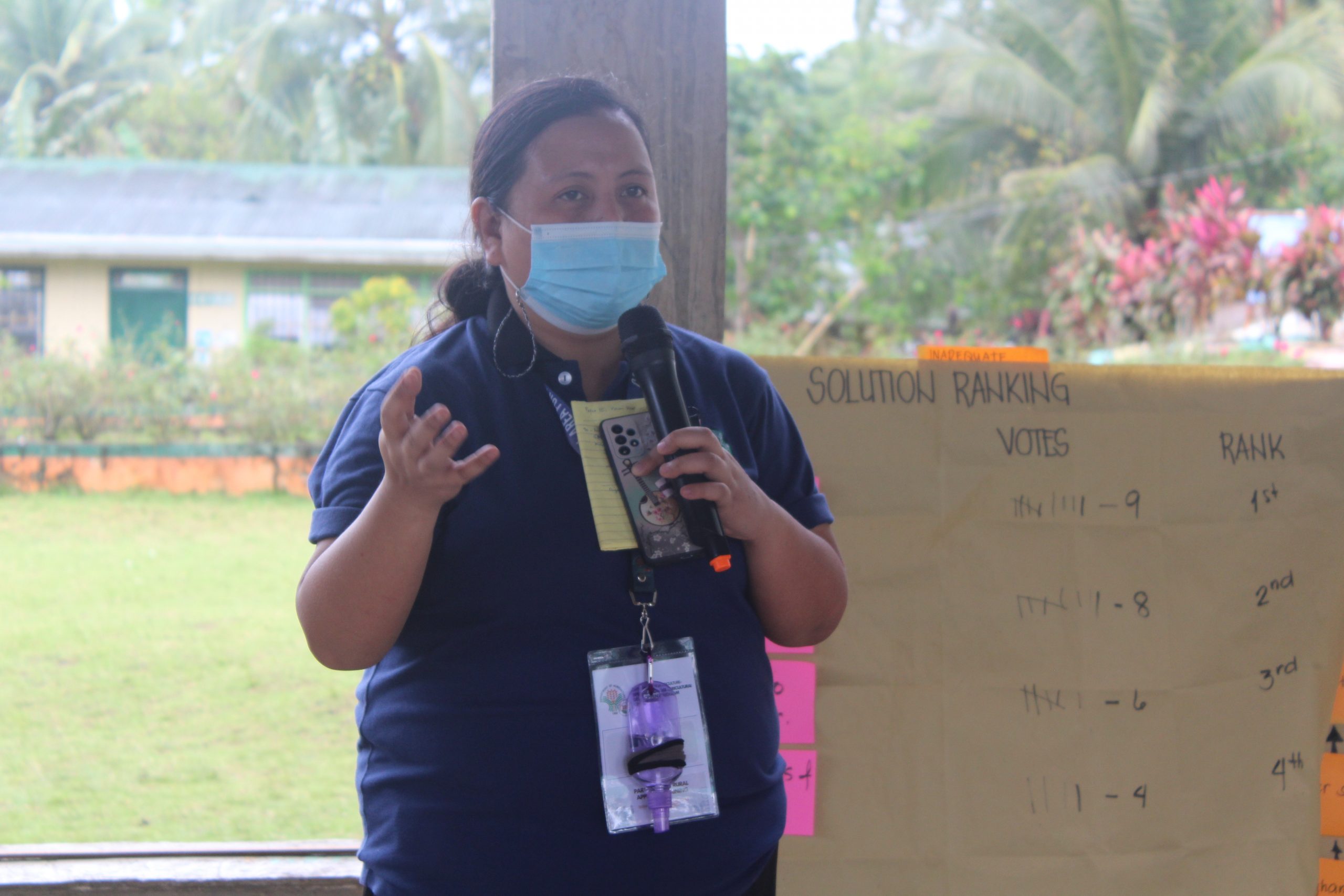
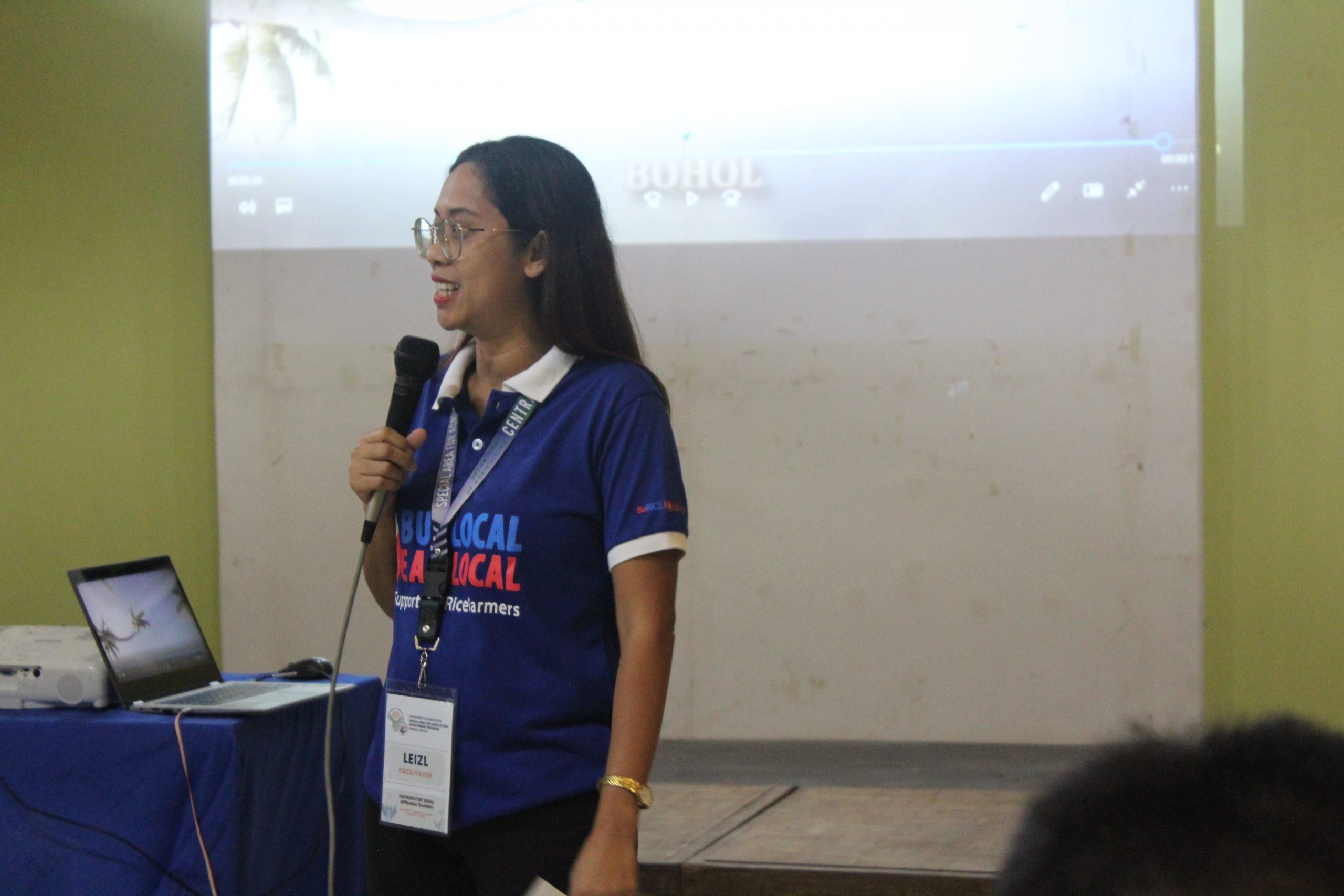
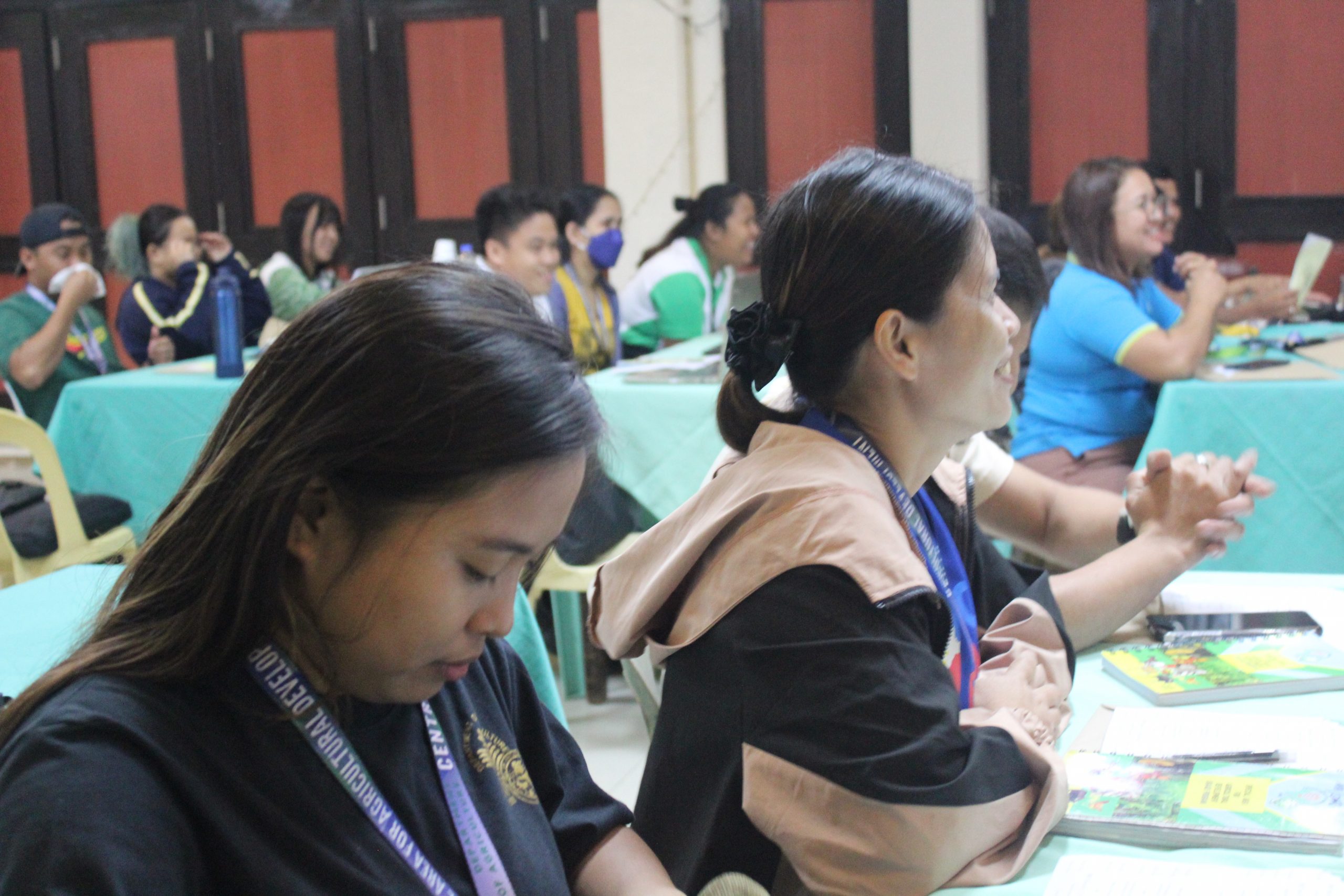
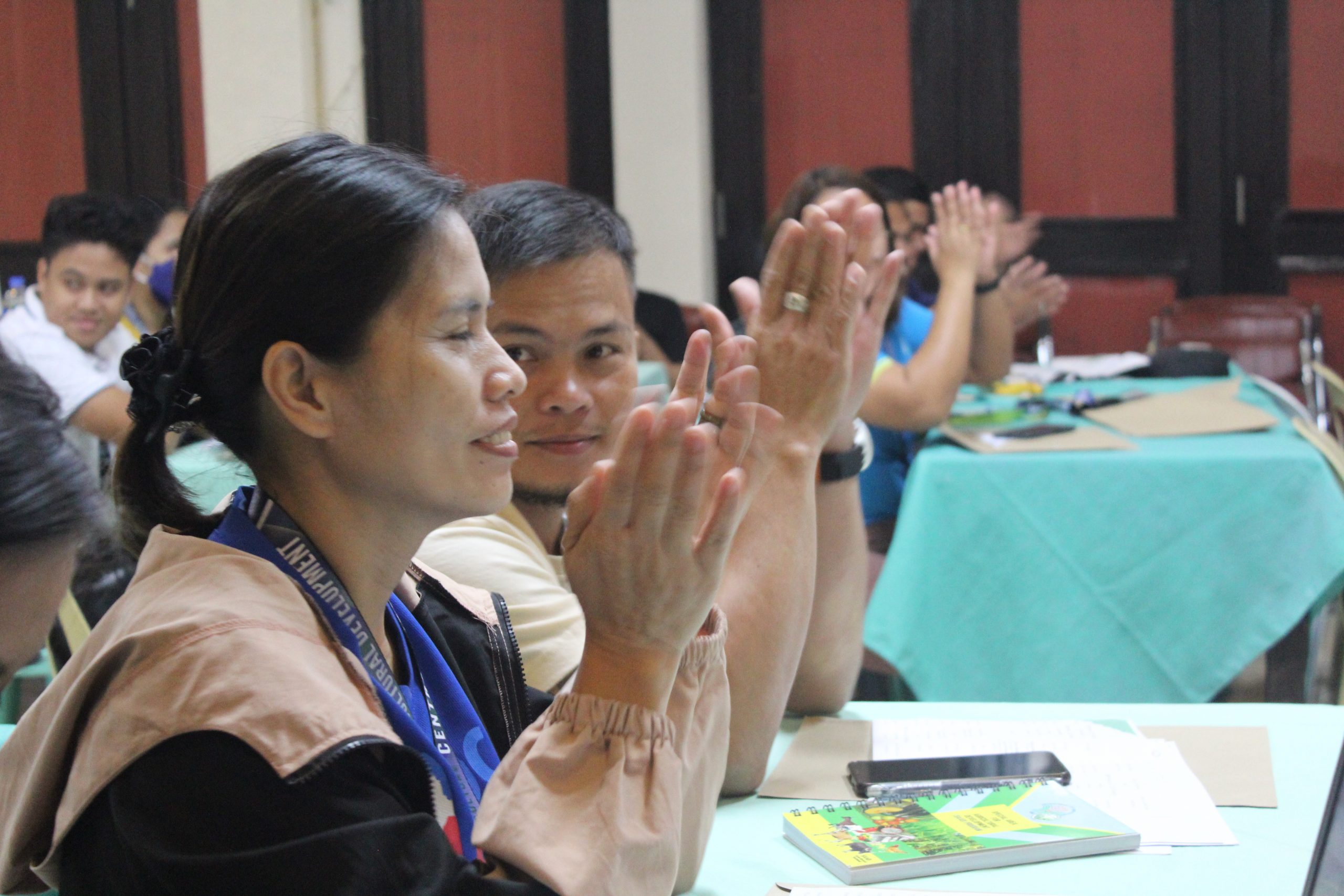

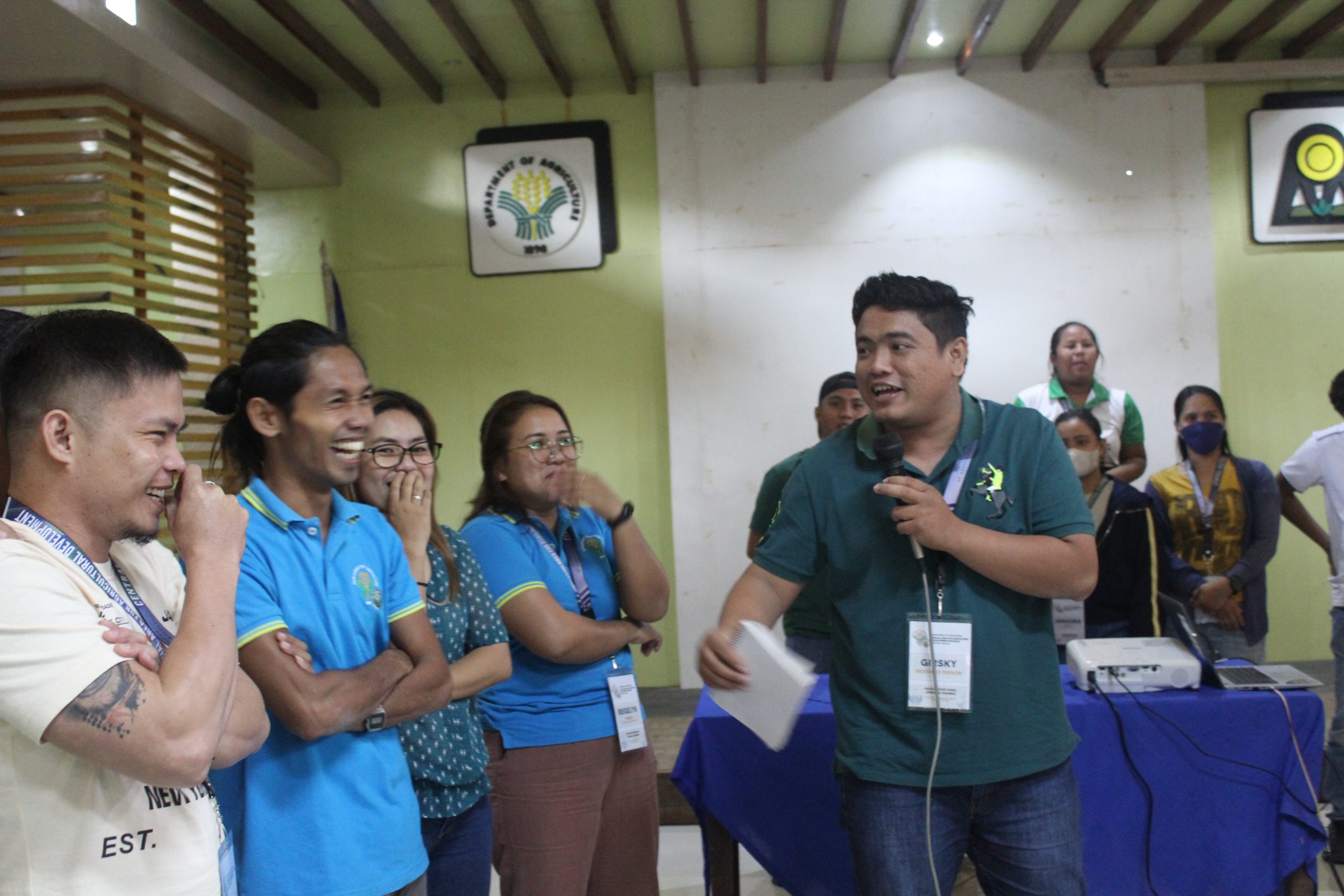
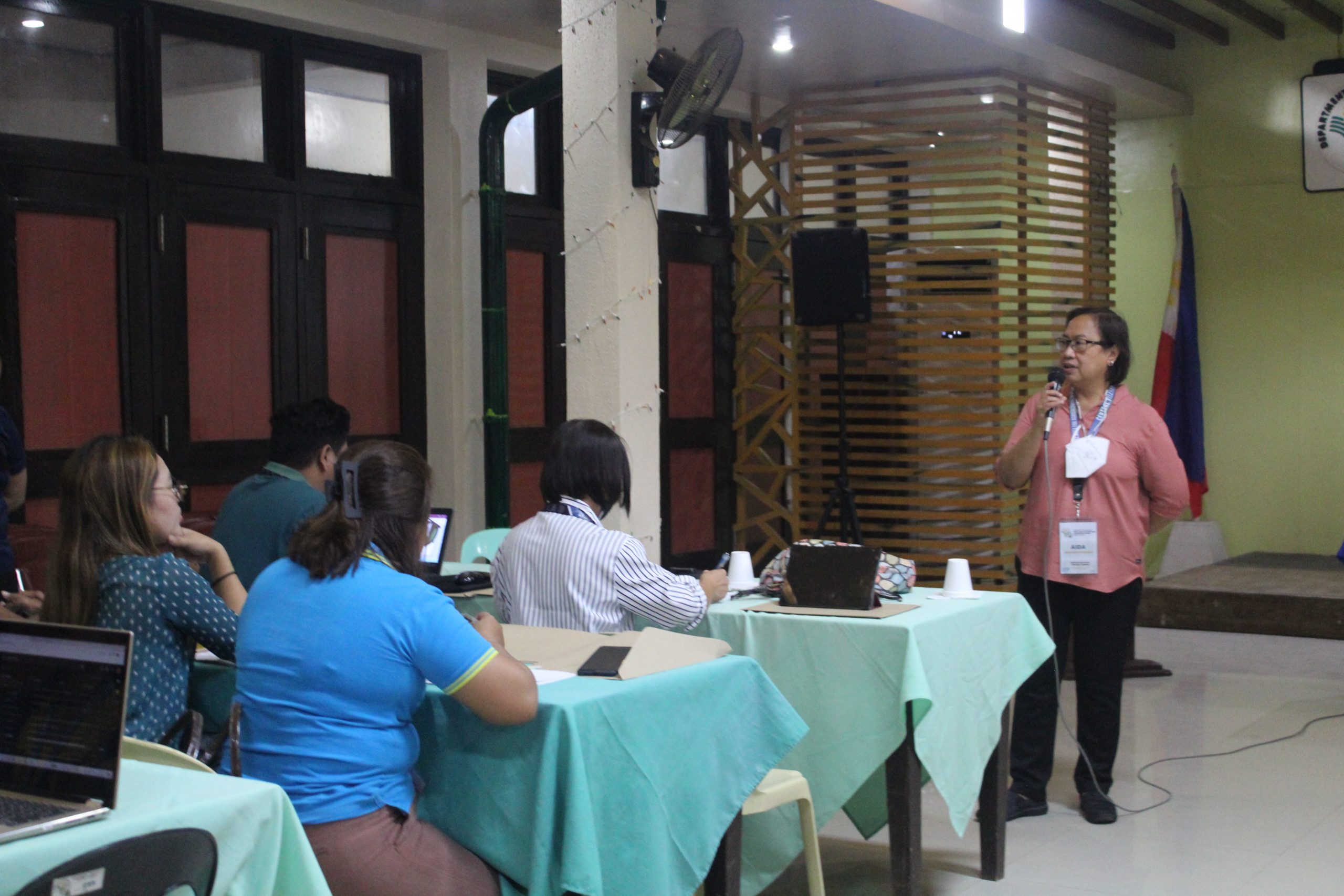
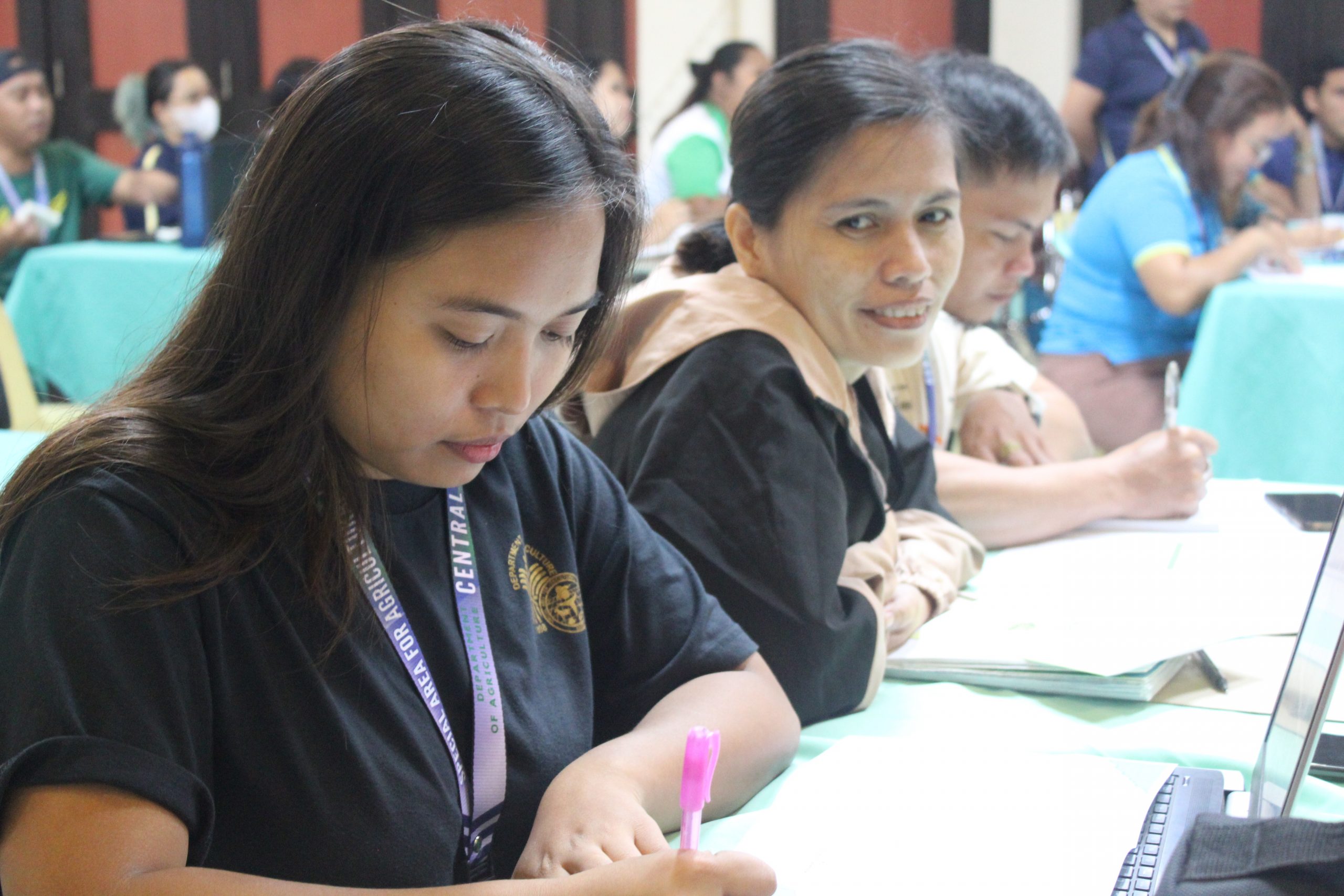
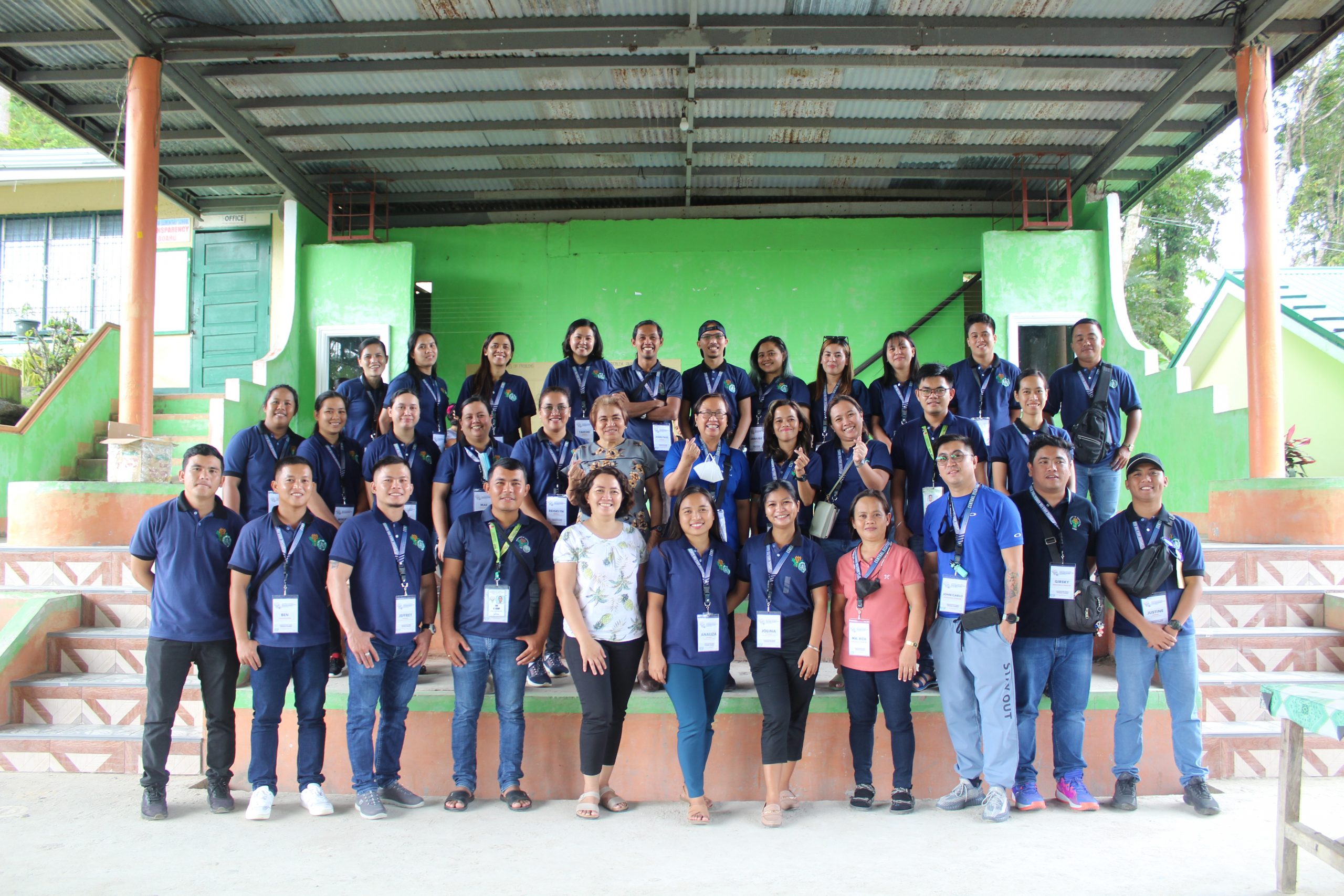

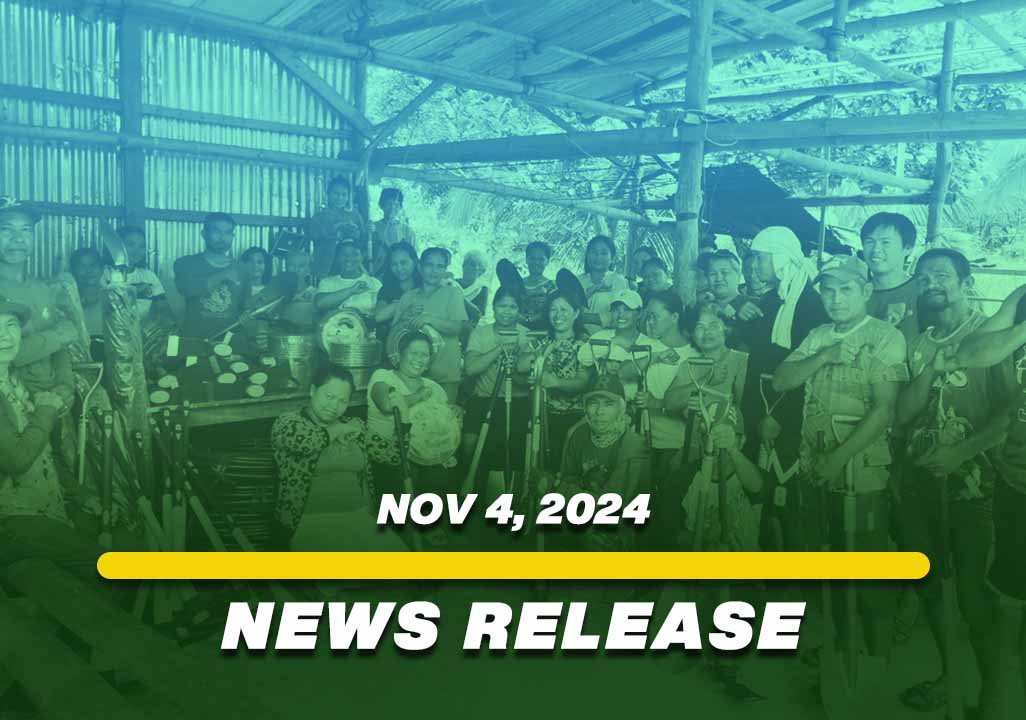
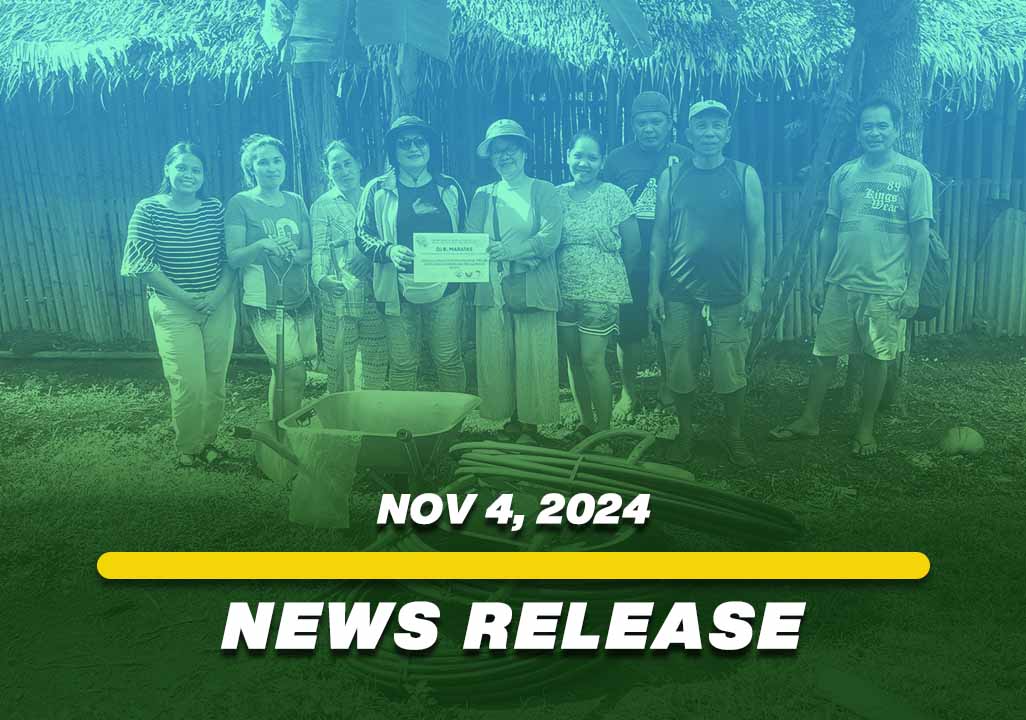
This Post Has 0 Comments